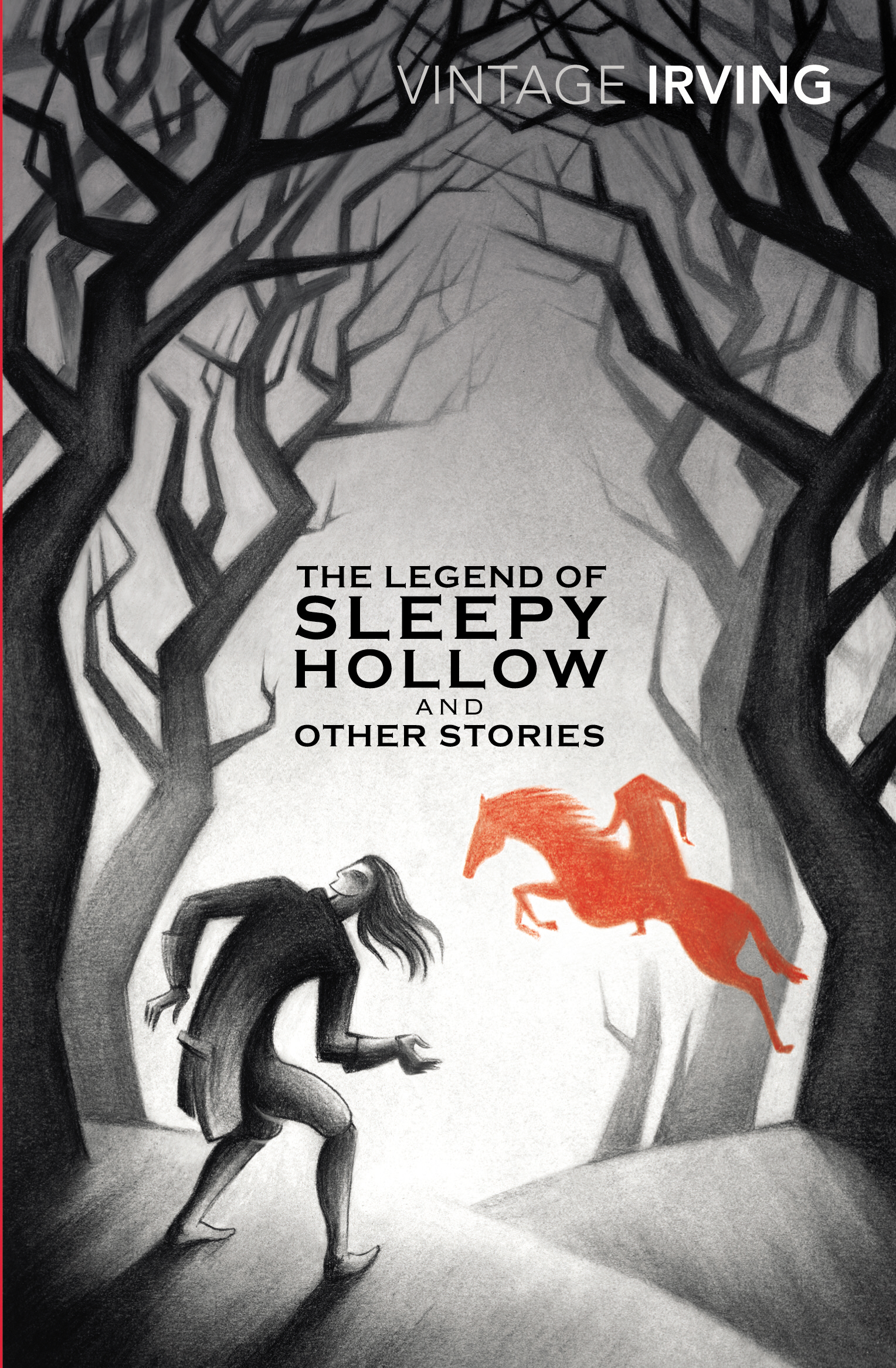No gift registry found click here to create new registry
Cart contain Gift Registry Items cannot add products
Sleepy Hollow and Other Stories
9.99 JOD
Please allow 2 – 5 weeks for delivery of this item
Add to Gift RegistryDescription
There is a sequestered glen off the east coast of the Hudson, New York state, which has long continued under the sway of some witching power; the neighbourhood abounds with tales, haunted spots and twilight superstitions. But as hapless schoolmaster Ichabod Crane will discover, the wildest of all stories in this region of shadows relate to one particularly dreadful spectre – the Headless Horseman of Sleepy Hollow.Washington Irving’s comic horror story is the best known of this collection of stories, observations and sketches written on his travels around Britain and America in the eighteenth century. Also includes ‘Rip Van Winkle’ and ‘Little Britain’.
Additional information
| Weight | 0.313 kg |
|---|---|
| Dimensions | 2.7 × 12.9 × 19.7 cm |
| Format | Paperback |
| Language | |
| Pages | 448 |
| Publisher | |
| Year Published | 2015-10-1 |
| Imprint | |
| Publication City/Country | London, United Kingdom |
| ISBN 10 | 1784870293 |
| About The Author | Washington Irving was born 3 April 1783 in New York. He trained as lawyer before deciding to pursue a literary career and, with his brother, producing a series of satirical essays and poems. Irving wrote under pseudonyms at first: ‘Diedrich Knickerbocker’ for ‘A History of New York from the Beginning of the World to the End of the Dutch Dynasty’, and ‘Geoffrey Crayon, Gent.’ for ‘Sketch Book’. The latter included pieces inspired by his travels to London during his unsuccessful efforts to save the family business from bankruptcy, and Rip Van Winkle and The Legend of Sleepy Hollow, for which he became famous. Irving worked in Spain as a diplomatic attaché, where he wrote ‘Legends of the Alhambra’ in 1832, and London as secretary to the US legation. His final work was a vast biography of George Washington published in 1855. He died on 28 November 1859. |
| Review Quote | Macabre horror, fish-out-of-water humour…A heady gumbo of witchcraft, apocalyptic prophecies and occult rivalries |
| Other text | Irving was befriended by Sir Walter Scott, admired by Lord Byron and widely considered the first American writer who could hold his own with England's best |
Related products
-
On backorder 2-5 Weeks to Arrive
Add to Gift Registry -
On backorder 2-5 Weeks to Arrive
Add to Gift Registry -
On backorder 2-5 Weeks to Arrive
Add to Gift Registry -
On backorder 2-5 Weeks to Arrive
Add to Gift RegistryGirl Online
Paperback
7.99 JOD





